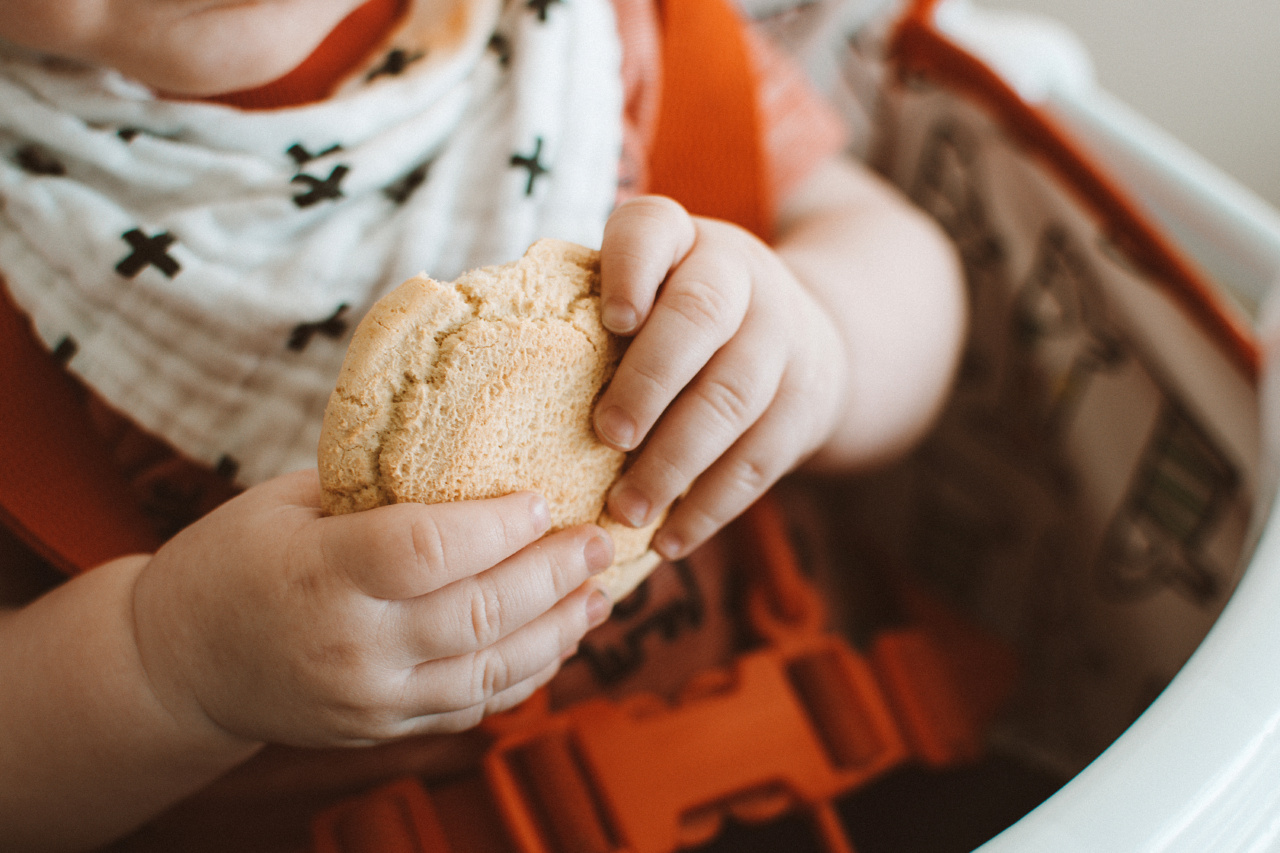Sugar is an ingredient that we commonly associate with junk food like sweets and sodas but it is also present in many baby foods.
It’s important to be aware of this fact, as high sugar intake can have a number of negative health consequences for babies. In this article, we’ll take a look at some of the hidden dangers of sugar in baby food.
What is sugar?
Sugar is a type of carbohydrate that is naturally found in many foods such as fruit, vegetables, and milk. However, it is also added to many processed foods to enhance the taste.
The most common types of added sugars include sucrose, glucose, fructose, and corn syrup.
Too much sugar can lead to obesity
One of the most well-known dangers of consuming too much sugar is the risk of obesity. This is because sugar is a high-calorie ingredient and when we consume too much of it, our body stores the excess energy as fat.
This can lead to weight gain which, in turn, increases the risk of a range of health problems such as diabetes, heart disease, and some types of cancer.
Impact of sugar on baby’s teeth
Sugar can also have a negative impact on dental health. When we consume sugary food, the bacteria in the mouth feed on the sugar and produce acid as a byproduct. This acid can erode the enamel on the teeth, leading to tooth decay.
Unfortunately, babies are particularly vulnerable to tooth decay as their teeth are still developing and are less resistant to decay. High sugar intake can also lead to early childhood caries, a type of tooth decay that affects infants and toddlers.
Excessive sugar – risk for type 2 diabetes
Another danger of excessive sugar intake is an increased risk of type 2 diabetes. This is because consuming too much sugar over time can cause insulin resistance, which means the body is less able to use insulin to regulate blood sugar levels.
This, in turn, can lead to high blood sugar levels and an increased risk of developing type 2 diabetes later in life.
Unhealthy eating habits
The early years of life are a critical time for developing healthy eating habits. If babies are exposed to foods that are high in sugar regularly, they may develop a preference for sweet foods and drinks.
This can lead to unhealthy eating habits later in life. Some studies have even suggested that a preference for sweet food and drinks in early childhood can be a predictor of obesity later in life.
Hidden sugars in baby food
Many parents assume that baby food is healthy, but in fact, many brands of baby food contain added sugar. This is often in the form of fruit puree, which is marketed as a healthier alternative to other types of sugar.
However, fruit puree can still be high in sugar and can have the same negative effects on health. Other types of baby food, such as cereals and biscuits, may also contain added sugar.
How to reduce sugar in baby’s diet
So, what can parents do to reduce the amount of sugar in their baby’s diet? Firstly, it’s important to read food labels carefully. Look out for added sugars and avoid products that contain them.
Choose fresh fruit and vegetables over fruit purees and avoid sweetened drinks. Make your baby’s food from scratch whenever possible, to know exactly what ingredients are used.
The importance of a balanced nutritious diet
Finally, it’s important to remember that a balanced nutritious diet is key for baby’s health. This means including a variety of different foods, and not relying too heavily on any one food or nutrient.
Focusing on whole foods like fruits, vegetables, whole grains, and lean meats, can provide your baby with the necessary nutrients for growth and development.
Conclusion
As we have seen, sugar is an ingredient that is often hidden in baby food, but it can pose a range of negative health consequences for babies. Luckily, there are ways to reduce sugar in your baby’s diet without sacrificing taste or nutrition.
By reading food labels carefully, avoiding processed foods, and focusing on whole foods, parents can ensure that their baby develops healthy eating habits that will serve them well throughout their life.


























